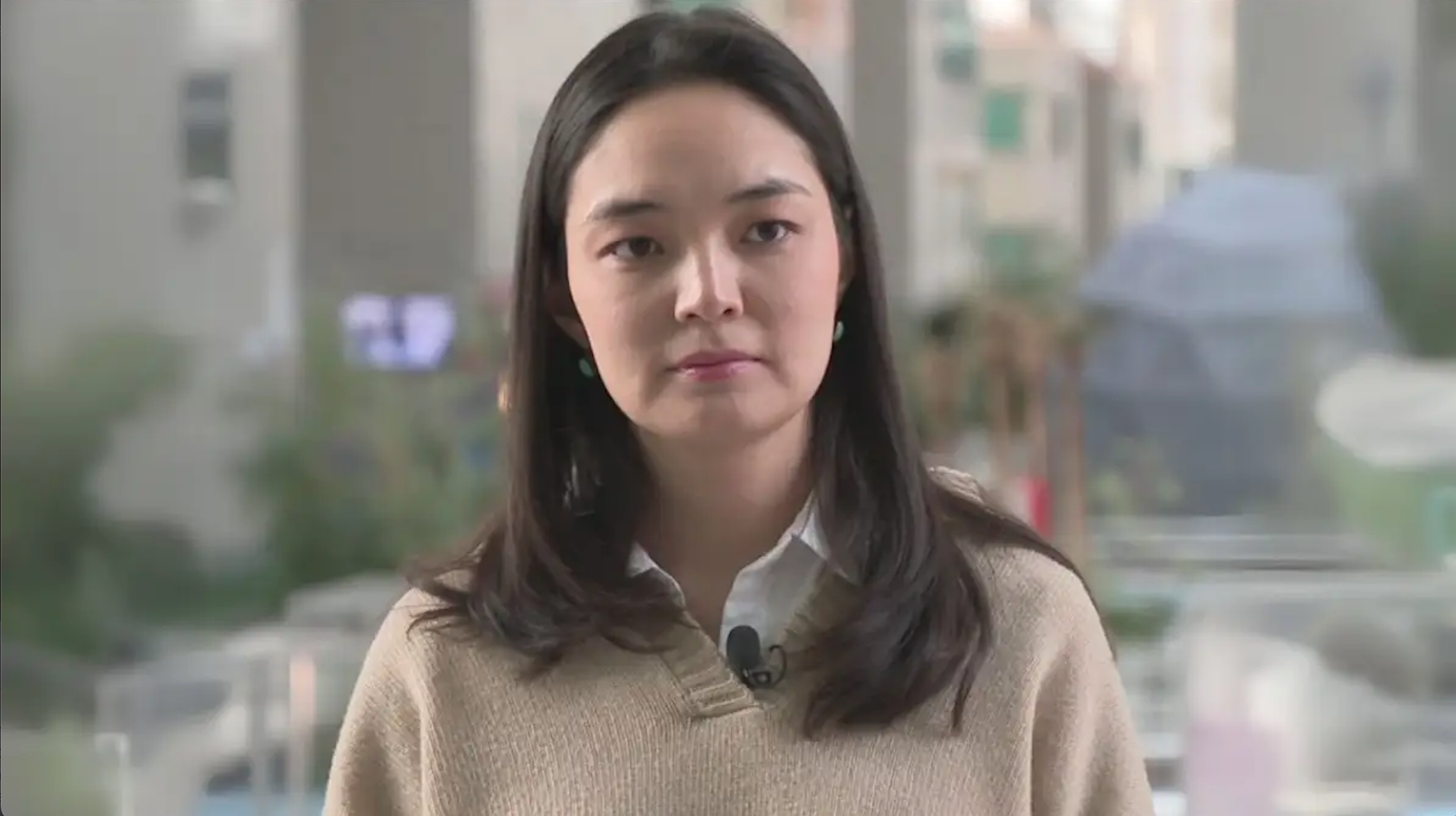ASTANA — The Institute of Smart Systems and Artificial Intelligence (ISSAI) at Nazarbayev University presented President Kassym-Jomart Tokayev with Kazakhstan’s first large language model (LLM), marking a significant milestone in the country’s advancement into the global artificial intelligence (AI) arena.

Photo credit: iStock.
Based on neural network technology, the project serves as the foundation for the Kazakh version of ChatGPT.
“KazLLM is the cornerstone on which Kazakhstan’s IT community can build future products and services using domestic innovations,” said Madina Abdrakhmanova, ISSAI’s deputy director for external relations and lead data scientist, in an interview with Kazinform.
She emphasized the critical need for a domestic language model and cited the risks of using free ChatGPT versions.
“Free versions operate on the principle that you pay with your data instead of money. Data is the new gold. Many do not realize the risks, particularly for government agencies. State bodies must use certified applications hosted within Kazakhstan,” said Abdrakhmanova.
Kazakhstan joins countries such as South Korea, China, the United Arab Emirates, the United Kingdom, and France in developing language models tailored to their cultural and historical contexts.
AI with a local touch
Founded in 2019, ISSAI began with a small team focused on advancing AI research and building datasets for the Kazakh language. Work on KazLLM started in April 2024, and due to a lack of domestic server infrastructure, the team relied on cloud providers for training.

Madina Abdrakhmanova, ISSAI’s deputy director for external relations and lead data scientist. Photo credit: Kazinform.
“About 95% of the data came from open sources, with additional data generated through translations using our best practices. Our team includes machine learning engineers and skilled linguists,” said Abdrakhmanova.
The team has gathered over 150 billion tokens for the project, which relies on transformer-based models requiring billions of parameters. They are developing two versions: an 8-billion-parameter model and a 70-billion-parameter model.
“Our model understands Kazakh, Russian, English, and Turkish, and it can perform tasks such as translation and text summarization, which are particularly useful for analytical work,” she said.
Abdrakhmanova noted the institute’s plans to enable the model to process voice and images. “Globally, many products combine language models with image understanding, but far fewer address audio processing. It is an even more complex challenge, but we are working on it,” she said.
The ISSAI team previously developed the Soyle App, Kazakhstan’s first multifunctional speech-based application. Unlike KazLLM, a research project, the Soyle App is a fully developed product built on earlier research and was launched on Nov. 20.
The Soyle App can translate between Kazakh, Russian, English, and Turkish, converting speech to text and text to speech. While it is not yet real-time, further development is underway.
Opportunities and challenges
Abdrakhmanova highlighted the importance of retaining local talent. The KazLLM project includes students from Nazarbayev University, Astana IT University, Bolashak scholarship graduates, and other local institutions.
“Many talented students leave Kazakhstan for opportunities abroad. Projects like this allow us to retain them by engaging them in exciting and meaningful work,” she said.
According to Abdrakhmanova, the project has trained a team of 70 people.
“Developing large language models is rare worldwide. The opportunity to share this experience and train our youth has been invaluable. Our young people are unique—motivated, quick to learn, and capable of achieving great things,” she said.
Abdrakhmanova identified data, human capital, and equipment as the three critical components of AI development.
“We are currently the only academic organization in Central Asia with Nvidia servers, the primary provider of AI chips and infrastructure. However, supply challenges hinder our progress,” she said.
She added that while funding and talent can be secured, the need for advanced domestic servers is a significant bottleneck.
“If we purchase servers for Kazakhstan, we will gain not only experience in training models but also the ability to work with these servers,” said Abdrakhmanova.
